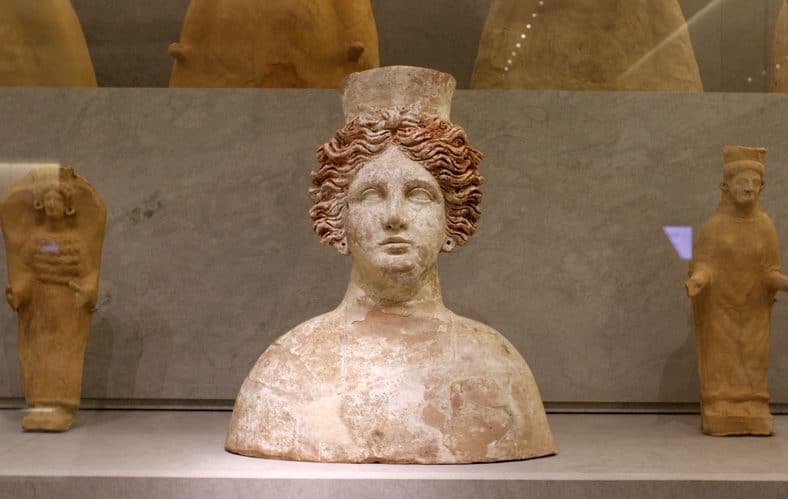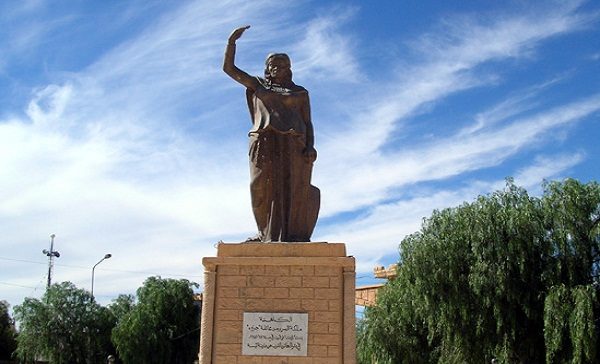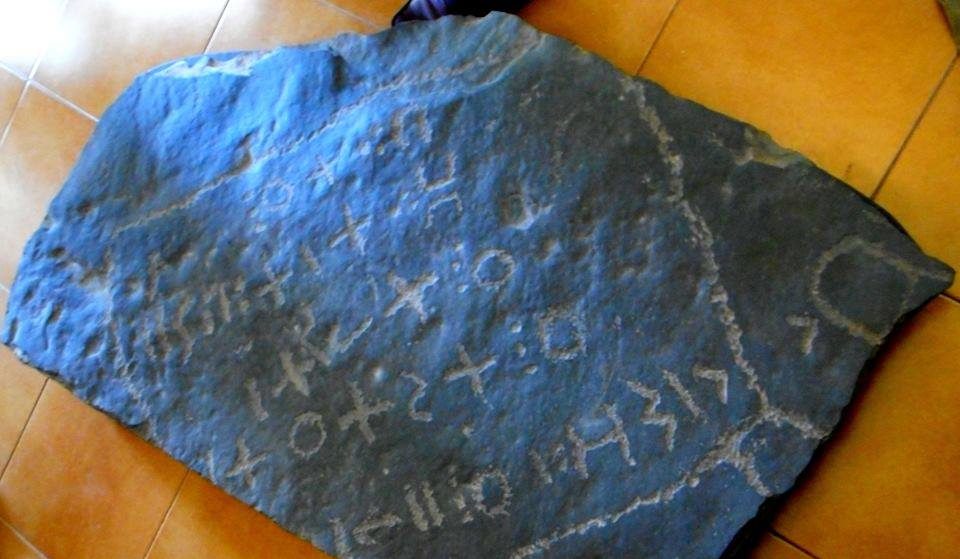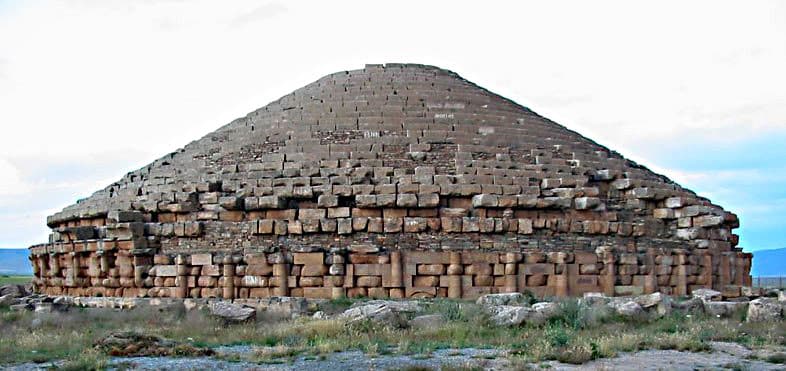By Amina Elmansouri
[dropcap]N[/dropcap]orth Africa, including Algeria, Libya, Morocco, Egypt, Tunisia and Sudan; are often referred to as part of the Arab world, or as Arabic countries. Although many of these countries have been, “Arabised,” since the Arab/islamic conquests in 632AD, the native people of North Africa are not at all Arabic.
The indigenous people of North Africa are called the ‘Imazighen’, or ‘Amazigh’, meaning ‘free born’ and often use the feminine pronoun ‘Tamazight’ to describe themselves. Within Imazighen culture, women are hugely important members of society, with many historical and religious figures being female. For example the Tamazight warrior queen Dihya, who defeated the armies of the islamic conquest repeatedly during the seventh century. Also the goddess Tanit, the moon goddess, associated with fertility, creation and destruction.

- A name commonly used when referring to the Imazighen is “Berber.” This name is not only inaccurate as the Imazighen people themselves do not use it, it is also offensive. The word Berber is from the Greek bárbaros, “non-Greek-speaking, foreign, barbaric”. In 630 BCE, the Ancient Greeks colonised many parts of North Africa, so it is likely that this is how they referred to the Imazighen they encountered there, being unable to understand their language and unfamiliar with their culture and customs. The word continued to be used in the years preceding this.
-

Statue of Dihya in the province of Khenchela, Algeria
Not only were the Tamazight not ethnically Arabic, they didn’t speak Arabic either. Their own language, and the consonantal alphabet, tifinagh, are far older and totally unlike most languages. Despite this, many Imazighen have been prevented from using and teaching their language ever since the Arab/islamic conquests. For example, under the rule of Muammar Gaddafi, Tamazight language in Libya, as well as its culture, was brutally oppressed. In his pursuit of complete Arabisation of Libya, Gaddafi consistently and aggressively oppressed all ethnic minorities, outlawing the teaching of any other languages or cultures except Arabic. Those who continued to teach their own language and culture, risked life imprisonment, torture and execution.

It is estimated that over 20million people speak Amazigh, or one of its variations. Many of them are based in Algeria where it has been a national language since 2002, an official language since 2006, and where 13million of Algeria`s 39million people are Amazigh.
In Libya, Amazigh is still not recognised as an official language, despite protests from its people. However Amazigh activists are working to build schools, and train teachers so that Amazigh children can learn about their history, culture and language, outside the confines of their own homes. In a country where this was once impossible, this is a huge victory for the Libyan Imazighen, and hopefully one of many to come.
[author title=”Amina Elmansouri” image=”http://www.amazighworldnews.com/wp-content/uploads/2017/11/amina-1.jpg”]Aspiring writer and journalist[/author]
[ads1]

















